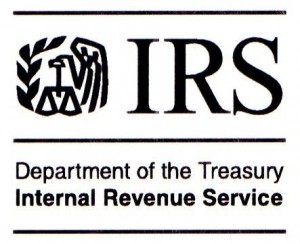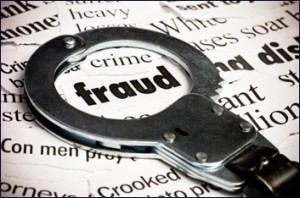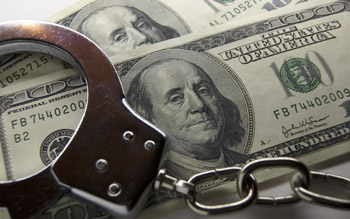LOS ANGELES
 Federal authorities on Monday and Tuesday arrested three defendants who were charged with participating in a tax fraud scheme that used stolen identities to file at least 527 fraudulent federal income tax returns, officials said.
Federal authorities on Monday and Tuesday arrested three defendants who were charged with participating in a tax fraud scheme that used stolen identities to file at least 527 fraudulent federal income tax returns, officials said.
They claimed more than $1.9 million in fraudulent tax refunds with the IRS.
The 41-count indictment was returned by a federal grand jury on July 12th and unsealed yesterday and charges the defendants with conspiracy to defraud the government with respect to claims, filing false claims against the government, theft of government property, wire fraud, possession of 15 or more unauthorized access devices, possession of an identification document with intent to defraud the United States, aggravated identity theft, and criminal forfeiture.

If convicted of wire fraud, each defendant is facing up to 20 years in federal prison and a fine of up to $250,000.
In addition, each count of aggravated identity theft carries a mandatory sentence of two years in federal prison
The Indictment also names a fourth defendant, Raymond Salazar, 53, of Los Angeles who remains at large.
The three defendants taken into custody on Monday and Tuesday are:
Charlene Castrejon, 58, of Hemet, California;
Rebecca Mona Sandoval, 33 of San Jacinto, California; and
Robert Manuel Gamboa, Jr., known as Paul Timothy Garcia, 29, of Highland, California.
At their initial court appearances this week in the U.S. Courthouse in Riverside, Castrejon, and Sandoval were released on bond. Gamboa remains in federal custody pending his detention hearing on July 28.
The indictment alleges that Castrejon, Salazar, and Sandoval prepared fraudulent federal income tax returns in the names of identity theft victims with false income, dependent, earned income credit, education credit and child tax credit information.
The Indictment further alleges that the refund payments were either mailed to addresses or deposited directly into taxpayer debit card accounts that Castrejon, Salazar, and Sandoval controlled.
Gamboa worked with the other defendants by depositing the refund checks into the accounts that he and the others controlled.
The defendants are presumed innocent unless proven guilty.

